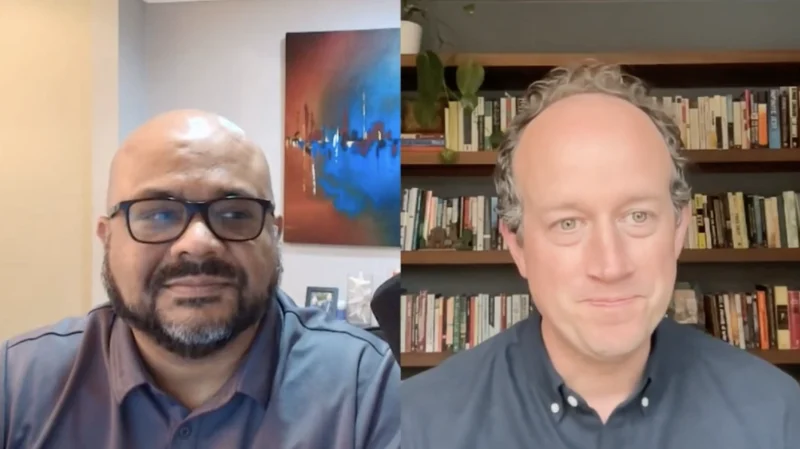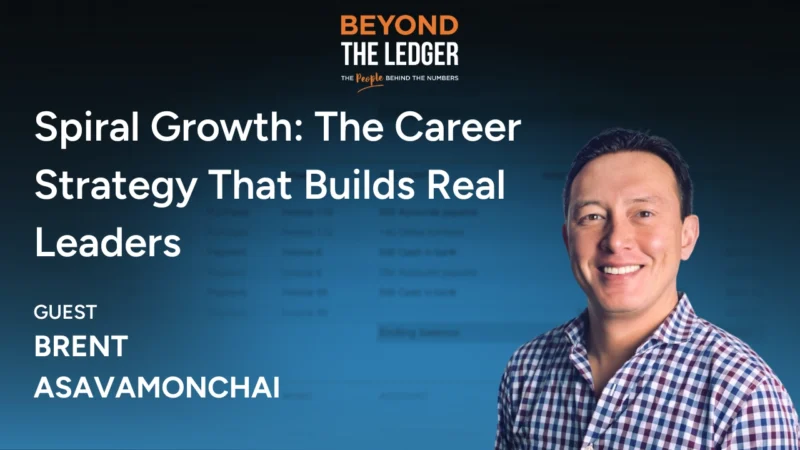How Data Impacts Collection Performance
“There’s a lot of science behind it,” Selbitschka said. “We’re looking at the portfolio as a whole. So, as the accounts come in, we’re looking at average balance, we’re looking at where the consumer is located, how long the consumer had the services. Were they a continuous payer, where they a one and done? There’s all that information that goes on behind-the-scenes we look at before we make a phone call.” Utilizing data during this phase provides accurate information upfront and ensures a better return on collections.
Selbitschka said IC System utilizes a data vendor who channels up to eighteen pieces of different information to create a score. This score generates a 5-tier model for IC System’s dialer team to assign penetration rates.
“One of the neatest things about our model is it’s very interactive during the first thirty days,” Selbitschka said. The model factors all of IC System’s communications, contacts, payment arrangements, unsolicited payments, wrong addresses, bad phone numbers, refusal to pay, and consumer interactions, and fluctuates accounts up and down the various tiers. This approach provides- real-time data for the dialers, and it is a competitive advantage over a collection agency using a static credit score to make call decisions.
It’s critical that scoring isn’t a one-way street. IC System generates a score from the consumer as well. That data allows IC System to make continual process improvements and provide consumer satisfaction results to clients.




